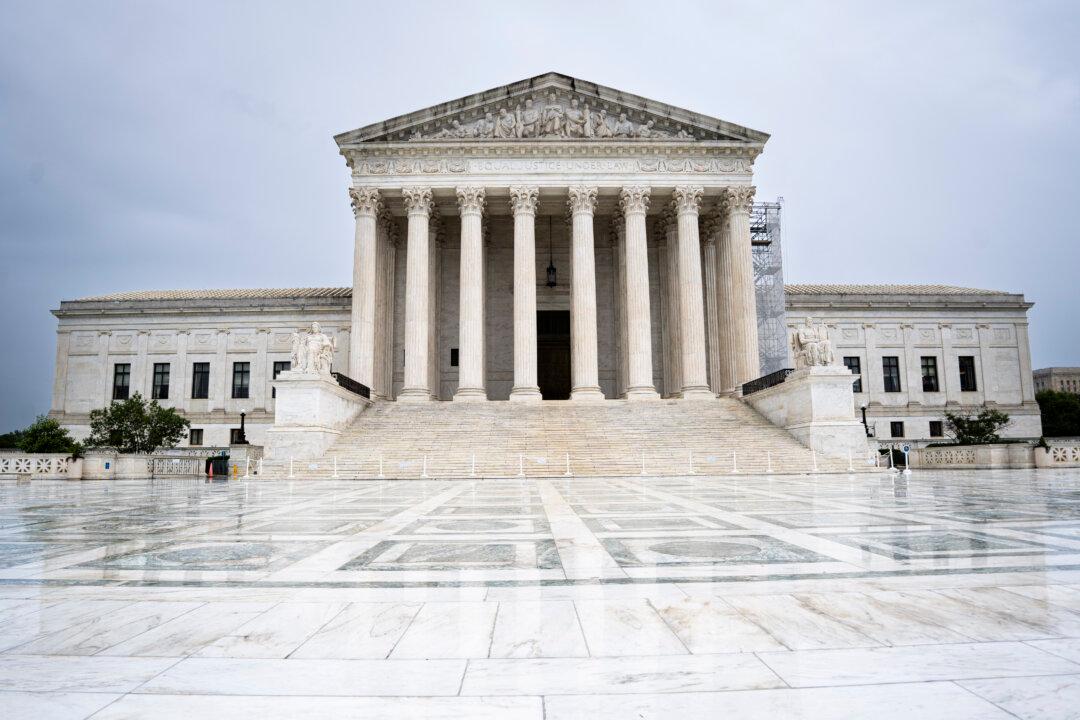The Supreme Court agreed on June 17 to hear a case from Silicon Valley tech giant Nvidia that could make it more difficult for shareholders to pursue securities fraud lawsuits.
The case comes after Nvidia agreed in May 2022 to pay the U.S. Securities and Exchange Commission (SEC) $5.5 million to resolve civil charges that the company failed to properly disclose the effect of cryptocurrency mining on its gaming operations. In two quarters in fiscal 2018, the company did not disclose that crypto mining was a “significant element” of its revenue growth from sales of chips made for gaming, the SEC stated.





